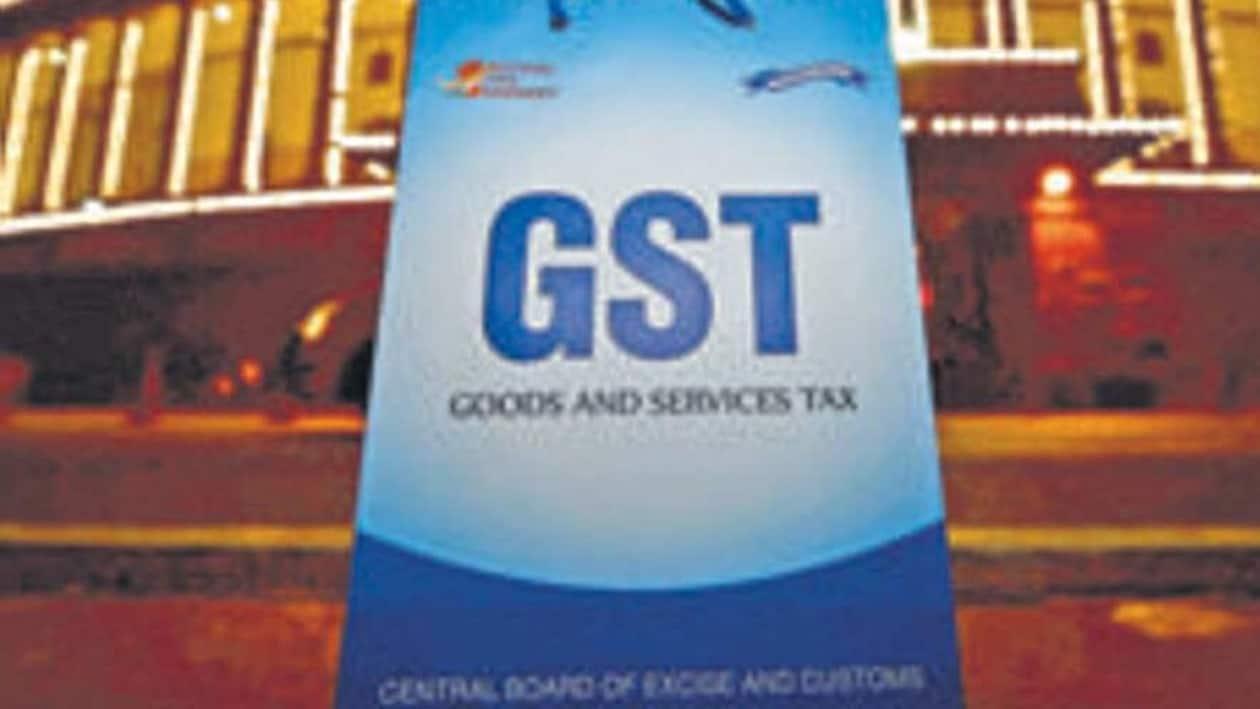As the tax net continues to get wider, renting of immovable property will also now come under the goods and services tax, as decided in the 47th GST Council meet recently. It will attract tax at the rate of 18 percent.
Until July 17, the Goods and Services Tax (GST) was not applicable if the residential property was rented out to any person. As per the new tax rules, the indirect tax will now be levied, albeit not in all scenarios, but when the residential property is rented out to a registered person.
“In order for the rules to apply, the tenant or lessee has to be registered person under GST,” says Rohit J. Gyanchandani, chartered accountant and managing director of Nandi Nivesh.
In other words, when property is rented out to an unregistered person, there will not be any GST liability as the rental income continues to be specifically exempted.
Liability on tenant
As per the GST rules, the liability to pay tax will fall on tenant. So, if the landlord is not registered under GST, there will be no additional tax liability or any compliance since the liability to pay indirect tax falls on the tenant’s shoulders.
“If an individual is paying rent on the residential property and he is not himself registered under GST, then there are no implications of this rule because residential property let out for residential purposes to an unregistered person under GST is still exempt,” adds Gyanchandani.
However, in case the landlord is also registered under GST, then it will be shown as outward supplies liable to be taxed under the reverse charge mechanism. And the liability to incur GST will be on the tenant, and hence there will be no additional GST liability.
CA Ankita Khetan says it is hard to understand how this amendment will benefit the government.
"It is difficult to understand, how the above amendment of taxing of renting of residential dwellings when used by a registered person going to benefit the Government. When tax is paid under reverse charge it is given from one hand and taken back from another hand nothing actually goes into Government’s kitty. In my opinion, unless the reporting by the recipient paying tax under RCM changes, the Government is not going to reap any fruits/ or say curb tax evasion," she wrote.
